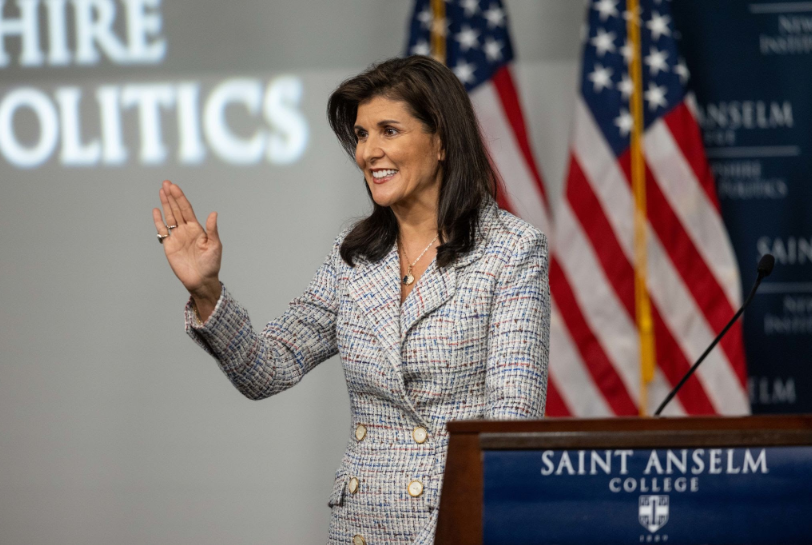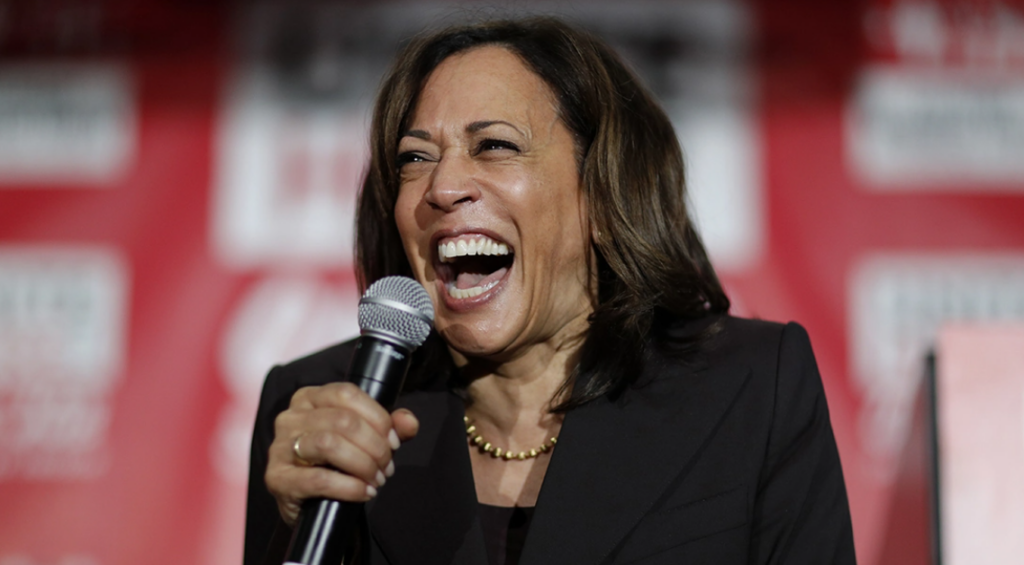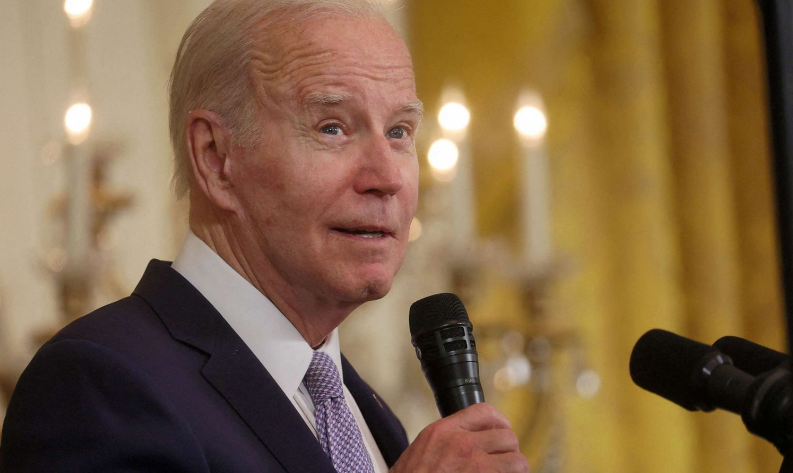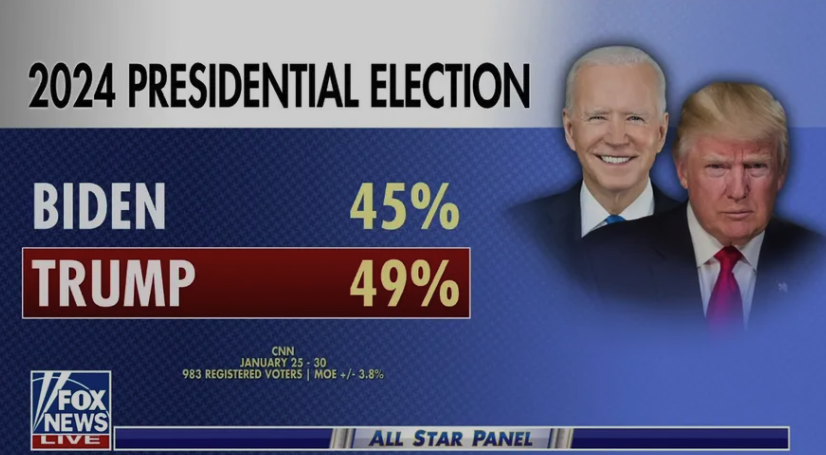
When the Francis Scott Key Bridge dramatically collapsed this Tuesday following a collision with a massive cargo ship, it sent shockwaves far beyond the immediate vicinity of Baltimore, Maryland. Governor Wes Moore, in a recent interview on CNN’s “State of the Union,” emphasized the profound implications of this incident on a national scale, branding it a “national economic catastrophe” rather than a localized disaster.
The Key Bridge, known for its crucial role in facilitating the flow of goods through one of the nation’s busiest ports, now lies in ruins, its debris clogging one of the critical arteries of America’s trade network. Governor Moore shed light on the interconnectedness of our national economy, pointing out how this disruption is poised to impact diverse sectors across the country, from agriculture in Kentucky to auto dealerships in Ohio, and even restaurant owners in Tennessee.
In response to this crisis, the Biden administration has swiftly mobilized financial support, allocating $60 million in emergency funds from the U.S. Department of Transportation’s Federal Highway Administration. These funds are earmarked for immediate needs such as debris removal, emergency repairs, and the initial steps towards designing and constructing a new bridge.
President Joe Biden has vowed to “move heaven and earth” to expedite the reopening of the Port of Baltimore, recognizing the vital role it plays in the national economy. The president’s commitment to covering the full cost of the bridge reconstruction highlights the federal government’s recognition of the severity of the situation. However, realizing this promise may require navigating the complexities of congressional approval, with early signs of resistance from some quarters.
Governor Moore’s call to action transcends political affiliations and geographic boundaries, underscoring the collective nature of the challenge ahead. “Maryland needs no favors,” Moore stated, urging a bipartisan and swift response not as a concession to his state but as a necessary step to rejuvenate the American economy at large.
The collapse of the Key Bridge serves as a stark reminder of the vulnerability of our national infrastructure and the cascading effects that a single failure can have on our economy. It highlights the urgent need for not only quick fixes but also long-term investments in our transportation networks to prevent such catastrophes in the future.
As efforts to clear the debris and plan for a new bridge get underway, the nation watches closely, recognizing that the stakes extend far beyond the immediate vicinity of the collapse. The incident at the Key Bridge is not just a story of structural failure but a narrative about the resilience of our national economy and the collective action required to sustain it.











